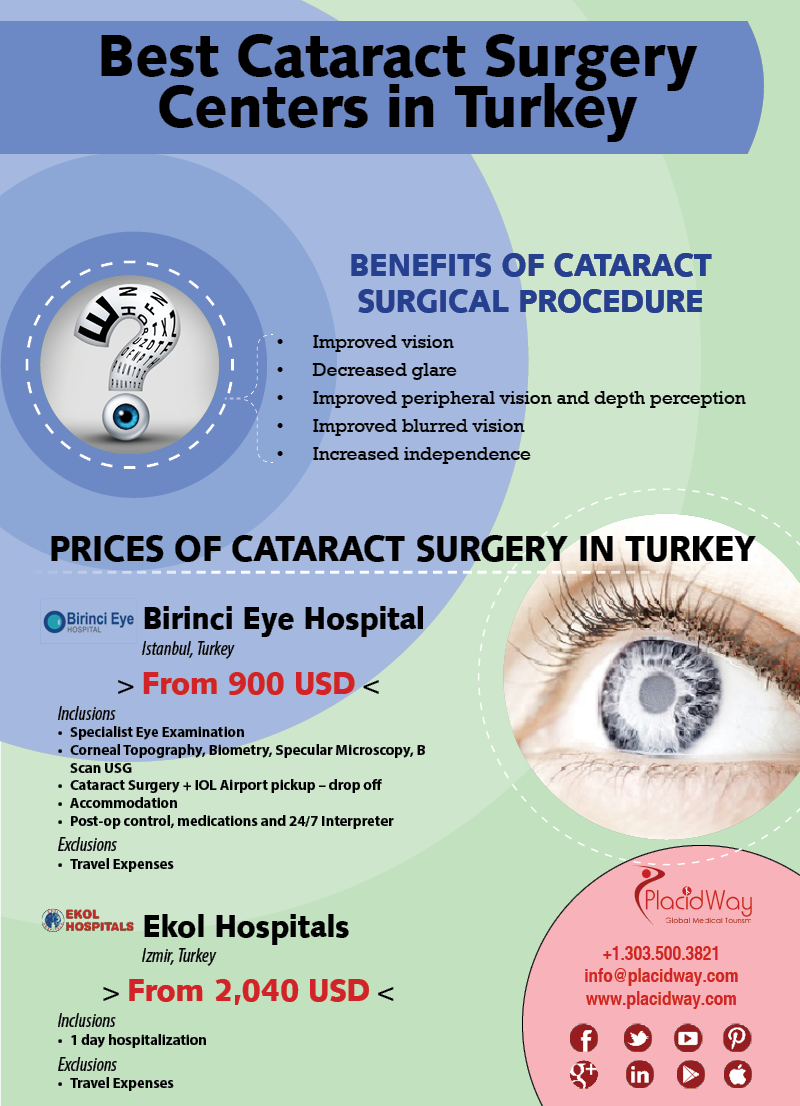The Full Frequently Asked Question On Refractive Lens Exchange: All The Information You Require
The Full Frequently Asked Question On Refractive Lens Exchange: All The Information You Require
Blog Article
Web Content Author-Hunter Eskesen
If you're taking into consideration refractive lens exchange, you probably have a lot of concerns. This procedure might change how you see the world, using advantages like decreased reliance on glasses. However, it's essential to comprehend the procedure, threats, and that qualifies as an excellent candidate. Allow's check out these critical elements so you can make an informed decision about whether RLE is right for you.
What Is Refractive Lens Exchange and Just How Does It Function?
Refractive lens exchange (RLE) is a surgical procedure created to replace your eye's all-natural lens with a synthetic one, remedying vision issues like nearsightedness, farsightedness, or presbyopia.
Throughout the treatment, your specialist makes a tiny cut in the eye, eliminates your natural lens, and inserts an intraocular lens (IOL) tailored to your vision requires. This outpatient surgical procedure commonly takes around 15 to thirty minutes per eye and is performed under regional anesthesia.
RLE Cataract Surgery 'll likely discover improvements in your vision nearly instantly, though total recovery might take a couple of weeks. RLE is specifically helpful for those over 40 or with high prescriptions, using a long-lasting option compared to glasses or get in touch with lenses.
Your eye treatment professional can help figure out if RLE is right for you.
What Are the Conveniences and Dangers of Refractive Lens Exchange?
Choosing refractive lens exchange can bring about significant improvements in your vision, but it's important to weigh both the advantages and risks prior to deciding.
On Can Cataract Surgery Cause A Stroke , this treatment can enhance your sight by correcting issues like presbyopia, myopia, and hyperopia. Many clients delight in decreased reliance on glasses or contact lenses, which can significantly boost their lifestyle.
However, it's crucial to think about potential threats. Issues can include infection, glare, or halos around lights.
There's likewise a chance of overcorrection or undercorrection, which may require added treatments.
Who Is a Suitable Candidate for Refractive Lens Exchange?
If you're taking into consideration refractive lens exchange, it is very important to recognize whether you fit the profile of an ideal prospect. Generally, you might be an excellent prospect if you're over 40, experience presbyopia, or have high levels of nearsightedness or farsightedness.
It's likewise important that your vision is steady, suggesting your prescription hasn't changed significantly in the past year. If you have cataracts or various other eye conditions, you could gain from this procedure too.
Nonetheless, certain elements, like unrestrained diabetic issues or autoimmune illness, might invalidate you. To identify your candidateship, talk to an eye treatment specialist who can evaluate your details situation and recommend the very best strategy tailored to your needs.
Verdict
In conclusion, refractive lens exchange can be a transformative alternative for improving your vision, particularly if you're over 40 or have a high prescription. While the benefits are considerable, it's critical to evaluate the dangers and speak with your eye treatment specialist to establish if you're a perfect candidate. With the ideal info and advice, you can make an informed decision and possibly appreciate a life with decreased dependancy on glasses.
